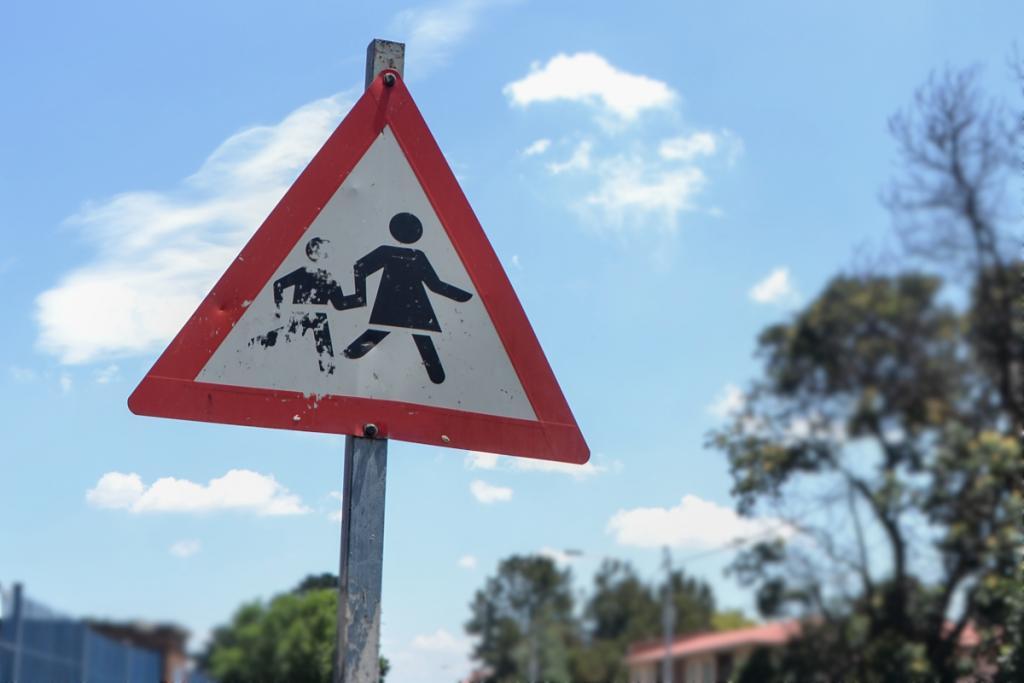Africa-Press – South-Africa. With the fate of the current form of the Basic Education Laws Amendment (BELA) Bill sitting on President Cyril Ramaphosa’s desk still unknown, some experts in the education sector are urging him to heed the new education minister’s call to send it back to Parliament for rework.
“The BELA Bill could be a catalyst for meaningful change, but only if it is carefully [re]crafted and implemented,” said education analyst and CEO of IDEA Digital Education, Dr Corrin Varady.
The analyst added that it “should be revisited to address concerns raised during extensive public consultations and committee hearings.”
Former Basic Education Minister Angie Motshekga first introduced the BELA Bill in January 2022, and after vigorous back-and-forth and numerous amendments, it was passed by Parliament on 16 May 2024, mere days before the end of the sixth administration.
James Ndlebe, Chief Director of Education Management and Governance at the Department of Basic Education (DBE) told Parliament earlier this year that the Bill aimed to amend certain sections of the South African Schools Act (SASA), to adopt principles like “leave no child behind” and “ensuring access to education for all children.”
Its provisions are broad, with 56 clauses ranging from the inclusion of Grade R (pre-primary education) as compulsory schooling under the South African Schools Act, to learner attendance, a Code of Conduct for learners, regulating homeschooling, abolishing corporal punishment and initiations, increased regulation on School Governing Bodies (SGBs), language and admission policies, and criminalising disruptions to schools.
However, in its current form, numerous stakeholders, including Varady, question its viability and urge the President not to sign it.
Varady told BusinessTech that the legislation is like a “house of many mansions,” trying to simultaneously address many pressing issues in the sector by increasing the state’s role.
While there is widescale support for some of the provisions of the Bill—such as compulsory schooling from Grade R to Grade 9 as well as consolidating the ban on corporal punishment—experts argue that its “broadness” does not effectively address the root of the woes in South Africa’s education sector.
“BELA is a prime example of a distraction from our core challenges,” with “very little consideration to outcome-based learning,” said Varady.
“National and provincial departments are already overburdened, and now struggling schools will have even less autonomy to address their specific issues because the Bill is a ‘one size fits all’ approach to education in the country.”
“The Department of Basic Education, in particular, has a strong track record of developing regulations that often have minimal impact on desired outcomes,” he added.
The education expert said that since its introduction in 2022, it has not sought to address South Africa’s persistent low literacy rates and poor educational outcomes.
“While the education sector is embroiled in high-level debates, we are failing to develop solutions to critical issues impacting learners’ daily lives, such as improving content mastery and providing adequate revision materials,” said Varady.
“Passing the Bill is a superficial achievement compared to the monumental task of transforming our education system,” he added.
SGBs and language/admission policies
One of the most contentious issues has been school language and admissions policies, which further centralised the Department of Basic Education’s (DBE’s) authority.
“The BELA Bill will strengthen governance in schools by addressing stubborn challenges experienced within the sector,” said the DBE.
Ndlebe told Parliament that the BELA Bill primarily focused on administrative and management processes at the school level, excluding issues such as curriculum, pass rates, subjects offered, or infrastructure concerns.
He said that the Bill aimed to enhance management and governance in schools.
Further, the BELA Bill aimed to revise the admission and language policies of schools, transferring decision-making authority from School Governing Bodies (SGBs) to the Head of Department (HOD). “This change was prompted by instances of discriminatory admission practices observed in some schools,” said Ndlebe.
“The two policies [currently] are politically used to derail access to schools for the majority of learners on the basis of language, race, academic performance, ability to pay fees, and sporting abilities,” said the DBE.
The Bill proposes that the Head of Department intervene in the development of language and admission policy based on area demographics.
“It cannot be correct that SGBs [who often draft policies] are given unlimited and unchecked powers and have the final say in a school matter, which is a public school. No grouping can have absolute power and account to no one in a democratic and sovereign state,” said James Ndlebe.
CEO of the Federation of Governing Bodies of South African Schools (Fedsas), Dr Jaco Deacon, slammed this, saying that this is “an overreach by the state.”
“If there is blatant unfair discrimination, the SA Schools Act already gives a remedy where SGB functions can be withdrawn or where there is an appeal process,” he added.
Overall, “this will discourage school communities from taking ownership of public schools, taking us back to a state school model where the state will have ultimate control over everything [and we] stepped away from that model in 1994,” said Deacon.
Varady said that this is rather to increase the size of the classroom. By “merely increasing attendance without addressing the underlying issues will be tantamount to putting more children through a production pipeline of incompetence.”
Varady said that the former Basic Education minister “politicised” the issue of home language teaching during the creation of the Bill.
Implementation
Varady also said that he remains concerned about its implementation.
“The Bill must not only outline necessary changes but also provide a detailed implementation plan, especially considering the substantial R15 billion budget.”
The expert said that it needs to be made clearer what the R15 billion will be used for—whether it will be chanelled for programmes to improve schools’ operational capacity or just for the state to enforce the BELA Bill.
He believes careful scrutiny of its provisions is essential to rectify these issues, however policy is only as good as its execution, thus “less haste to get the Bill signed will result in less waste.”
“The BELA Bill has ignited a much-needed conversation about the state of education in South Africa.”
“As the country works towards achieving education for all, it is imperative that policymakers and stakeholders collaborate to find solutions that address the systemic challenges facing the sector,” Varady said.
For More News And Analysis About South-Africa Follow Africa-Press






